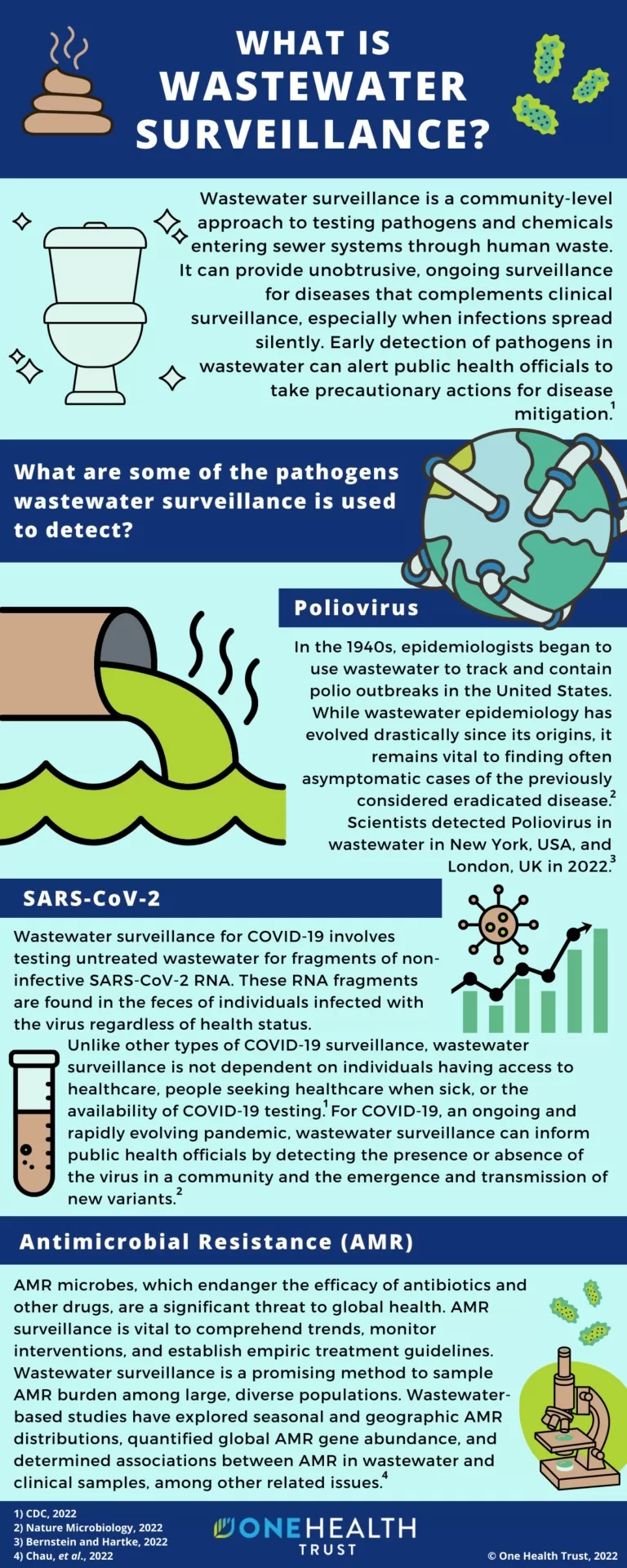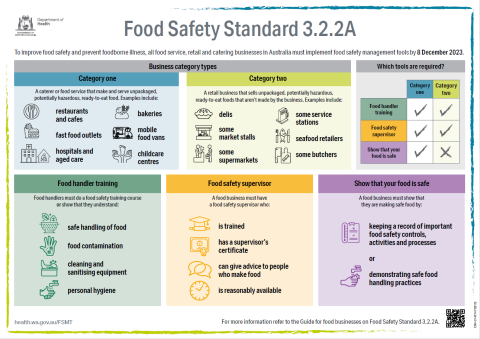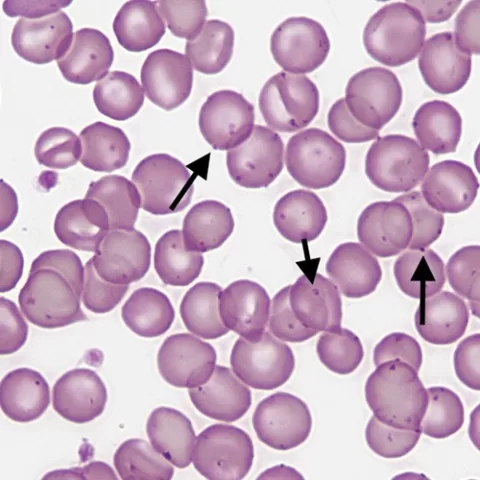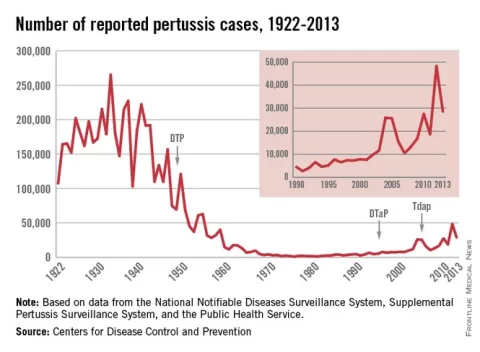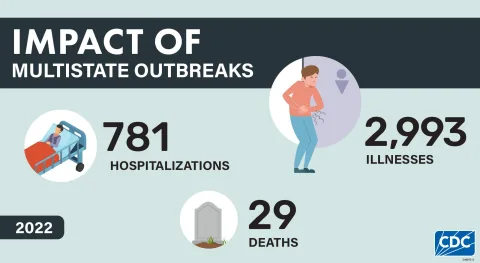Wastewater monitoring has emerged as a critical tool for local health departments in the ongoing battle against public health threats. Leveraging the expertise and financial backing of programs like the NACCHO wastewater program, these departments can effectively track disease trends and respond to emerging health challenges in their communities. In a pioneering initiative, the National Association of County and City Health Officials (NACCHO), supported by the CDC, has dedicated $356,000 to enhance wastewater monitoring efforts across various local health jurisdictions. This initiative aims particularly at addressing the unique rural health challenges that some communities face when analyzing wastewater. By fostering collaboration through mentorships, the program not only enriches the monitoring capabilities of local health departments but also plays a pivotal role in safeguarding community health.
Tracking and analyzing effluent from sanitation systems presents significant opportunities for public health surveillance, particularly in light of recent global health challenges. The application of wastewater analysis allows health officials to detect early signs of diseases in populations, enabling timely interventions. With the backing of key institutions, such as the CDC, programs like NACCHO’s initiative highlight the importance of empowering local authorities to tackle health issues stemming from wastewater. As these methods demonstrate real potential in disease trends monitoring, local health departments are beginning to prioritize them as part of a comprehensive public health strategy. Bridging mentorship between experienced and novice health departments ensures that the potential benefits of such monitoring practices can be fully realized, especially in underserved rural areas.
Understanding Wastewater Monitoring and Its Importance
Wastewater monitoring is a crucial tool for local health departments, providing real-time data on community health trends. By analyzing the wastewater, health officials can detect the presence of pathogens and other health indicators that may signal outbreaks or emerging public health concerns. This proactive approach helps in early intervention, thereby protecting community health and safety. With the support of the CDC, many local health departments have begun to adopt this innovative method as an essential part of their public health arsenal.
Moreover, the significance of wastewater monitoring goes beyond just analyzing pathogens; it also encompasses understanding broader disease trends. For example, data collected through wastewater can illuminate patterns of antibiotic resistance, which is a growing concern in public health. Effective monitoring can guide interventions, influence policy decisions, and optimize resource allocation in local health systems. In rural areas, where health resources may be limited, implementing efficient monitoring practices can greatly enhance disease tracking capabilities.
The Role of NACCHO in Supporting Local Health Departments
The National Association of County and City Health Officials (NACCHO) plays a pivotal role in strengthening local health departments across the U.S. Through initiatives like the Wastewater Monitoring Mentorship Program, NACCHO not only provides funding but also facilitates knowledge sharing among health departments. The mentorship program connects experienced mentors with mentees, particularly focusing on rural health departments, which often face unique challenges in public health monitoring.
NACCHO’s support is vital as it empowers local health departments to build or enhance their wastewater monitoring programs. This initiative ensures that all communities, regardless of geographic or economic barriers, can benefit from robust health monitoring strategies. With a network of over 3,300 local health departments, NACCHO seeks to standardize practices that help mitigate public health emergencies, ensuring that even the most underserved populations have access to vital health insights.
Addressing Rural Health Challenges Through Wastewater Monitoring
Rural health departments often grapple with distinct challenges, including limited resources, workforce shortages, and difficult access to healthcare services. Within this context, wastewater monitoring emerges as a promising solution to enhance disease trends monitoring. By leveraging data from wastewater analysis, rural health departments can identify health threats that may otherwise go undetected due to sparse clinical data. This proactive monitoring helps in prioritizing and addressing health needs in rural communities.
Additionally, the NACCHO program specifically targets rural health departments to bolster their capacity for wastewater monitoring. With tailored support, these departments can develop effective monitoring systems that reflect the unique needs and conditions of their communities. Such initiatives not only promote public health but also empower rural communities to take charge of their health challenges, making informed decisions based on solid data.
Collaborative Efforts for Enhanced Public Health
Collaboration is essential in public health, especially when addressing complex issues such as disease outbreaks. NACCHO’s mentorship program fosters collaboration among local health departments, encouraging them to share best practices and innovative strategies in wastewater monitoring. This collective approach not only benefits the participants but also creates a ripple effect across the wider public health landscape.
Additionally, by engaging stakeholders such as the CDC, NACCHO facilitates a platform for continuous learning and adaptation. Such partnerships bring together expertise from different fields, enhancing the overall effectiveness of health monitoring programs. As local health departments work together, they build a stronger public health infrastructure capable of responding swiftly to emerging threats.
The Future of Disease Trends Monitoring with Wastewater Analysis
As technology continues to evolve, the future of disease trends monitoring through wastewater analysis looks promising. Advanced analytical techniques, coupled with improved data interpretation models, will provide health officials with more accurate and timely insights into community health. This evolution is influenced by critical collaborations, such as those between NACCHO and the CDC, helping to refine methodologies and promote the adoption of wastewater monitoring across diverse settings.
Moreover, expanding the use of wastewater monitoring can lead to a more comprehensive understanding of public health trends. It can aid in identifying not only infectious diseases but also mental health indicators and substance usage trends, providing a holistic view of the community’s health landscape. As local health departments continue to invest in wastewater monitoring, they will be better prepared to respond to public health crises and adapt to the evolving needs of their populations.
Insights from Successful Wastewater Monitoring Programs
Effective wastewater monitoring programs provide valuable insights that can be shared across different regions. Successful implementations, highlighted in NACCHO’s mentorship initiative, showcase various strategies that lead to significant health outcomes. For instance, departments that effectively utilize data from wastewater can track the prevalence of viruses like COVID-19, providing crucial information for timely public health interventions.
Furthermore, these successful programs serve as models for other health departments looking to start or enhance their wastewater monitoring efforts. By documenting and sharing outcomes, challenges, and lessons learned, NACCHO creates a repository of knowledge that can drive further improvements in public health in both urban and rural communities.
Leveraging Technology in Wastewater Monitoring
The integration of advanced technology in wastewater monitoring has revolutionized the way local health departments track and analyze health trends. Innovations such as real-time monitoring systems and data analytics platforms allow health officials to obtain immediate insights from wastewater samples. This technological evolution facilitates quicker response times to public health threats, enriching the effectiveness of health monitoring initiatives.
Additionally, technology enhances collaboration among health departments. Through shared platforms, departments can exchange data, observations, and strategies, fostering a culture of collective problem-solving. As local health departments adopt these technological advances, they position themselves at the forefront of modern public health strategies, greatly enhancing their ability to address the health challenges of their communities.
The Impact of CDC Support on Local Health Initiatives
The Centers for Disease Control and Prevention (CDC) provides critical support to local health departments, particularly in the realm of wastewater monitoring. By offering resources and expertise, the CDC empowers these departments to implement effective public health strategies. This guidance is especially important in rural areas, where health departments may lack the necessary tools or funding to respond to public health challenges.
Furthermore, CDC’s involvement in initiatives like the NACCHO program underscores the importance of federal support in local health efforts. This partnership not only strengthens the capability of local health departments but also promotes a unified response to emerging health threats across the nation. The collective efforts fostered by CDC and NACCHO ensure that even the most vulnerable communities are equipped with the knowledge and resources they need.
Prioritizing Community Health Through Wastewater Data
Monitoring wastewater has emerged as a vital strategy for prioritizing community health initiatives. The data derived from wastewater samples provide local health departments with insights that inform public health policies and interventions. Understanding the spread of infectious diseases within a community enables health officials to allocate resources effectively and implement preventive measures tailored to community needs.
Moreover, this data-driven approach fosters community engagement. As local health departments share findings with their communities, they promote awareness and encourage collective action in addressing public health threats. By prioritizing the health needs identified through wastewater monitoring, local health departments ensure that their interventions are relevant, timely, and impactful.
Frequently Asked Questions
What is the role of wastewater monitoring in local health departments?
Wastewater monitoring plays a critical role in local health departments by tracking disease trends and emerging health threats within communities. This monitoring helps officials detect potential outbreaks and respond effectively to public health challenges.
How does NACCHO support local health departments in wastewater monitoring?
The National Association of County and City Health Officials (NACCHO) supports local health departments by providing funding and resources to implement and expand wastewater monitoring programs. With CDC support, NACCHO coordinates mentorship programs to enhance the capacity of health departments in tracking disease trends.
What challenges do rural health departments face in wastewater monitoring?
Rural health departments often face unique challenges in wastewater monitoring, including limited resources, geographic isolation, and a lack of technical expertise. NACCHO aims to address these issues by focusing on mentorship and support specifically tailored to these communities.
What is the NACCHO Wastewater Monitoring Mentorship Program?
The NACCHO Wastewater Monitoring Mentorship Program pairs experienced local health departments with mentees to share best practices and expertise in wastewater monitoring. This program helps enhance the capabilities of participating health departments in tracking diseases effectively.
How can wastewater monitoring aid in disease trends monitoring?
Wastewater monitoring aids in disease trends monitoring by analyzing viral loads in sewage to identify patterns of illness in populations. This data allows health departments to detect outbreaks earlier, enabling timely public health responses to emerging threats.
Can you provide examples of local health departments participating in NACCHO’s wastewater program?
Yes, the mentor awardees from California, Massachusetts, Nebraska, and Texas, along with mentees from states like Alaska, Iowa, Ohio, and West Virginia, are participating in NACCHO’s wastewater monitoring program, focusing on enhancing their capabilities to track disease trends.
Why is CDC support important for wastewater monitoring initiatives?
CDC support is crucial for wastewater monitoring initiatives as it provides essential funding, expert guidance, and resources that empower local health departments to implement effective monitoring systems and respond to public health challenges more efficiently.
| Key Points |
|---|
| NACCHO awarded $356,000 for wastewater monitoring programs |
| Funding supports local health departments for disease tracking |
| Focus on rural health departments due to unique challenges |
| Mentorship program includes 5 mentors and 11 mentees |
| Mentors have experience in wastewater monitoring |
| NACCHO represents over 3,300 local health departments |
Summary
Wastewater monitoring is becoming increasingly vital in tracking health trends and managing emerging health threats. The recent announcement by NACCHO, which includes a significant funding initiative, illustrates the commitment to enhancing local health departments’ capabilities. By focusing on mentorship—particularly for rural areas facing unique challenges—NACCHO is laying the groundwork for improved public health strategies that leverage wastewater data to safeguard community health.
The content provided on this blog (e.g., symptom descriptions, health tips, or general advice) is for informational purposes only and is not a substitute for professional medical advice, diagnosis, or treatment. Always seek the guidance of your physician or other qualified healthcare provider with any questions you may have regarding a medical condition. Never disregard professional medical advice or delay seeking it because of something you have read on this website. If you believe you may have a medical emergency, call your doctor or emergency services immediately. Reliance on any information provided by this blog is solely at your own risk.



